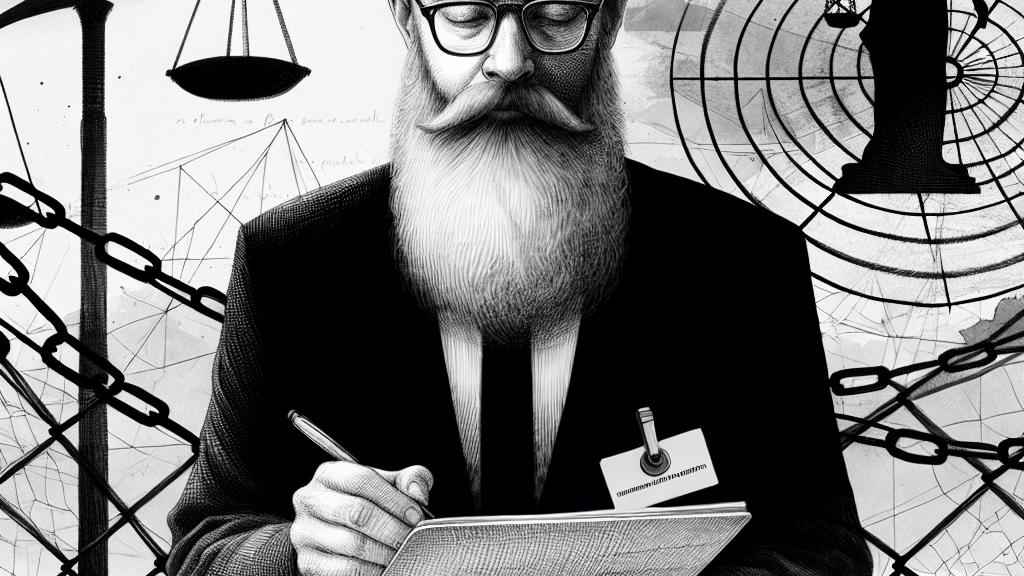Banned from Insight: U.N. Rights Expert's Fight Against Gender Apartheid in Taliban-ruled Afghanistan
Overview
- Richard Bennett, U.N. special rapporteur, barred from Afghanistan highlights the Taliban's resistance to scrutiny.
- Severe restrictions on women's rights in Afghanistan deemed gender apartheid by U.N. officials.
- Global calls to action amplify the necessity of advocating for Afghan women's rights and freedoms.

Ban on Richard Bennett
In August 2024, Richard Bennett, the U.N. special rapporteur on human rights in Afghanistan, was informed of a ban that prevents his entry into the country. This decision underscores the Taliban's growing hostility toward external criticism, particularly that which questions their human rights record. Bennett has been a prominent voice advocating for women's rights, condemning the repressive measures enacted since the Taliban's return to power. His ban not only signifies personal challenges but also illustrates the profound barriers faced by international monitors attempting to document and advocate against human rights abuses in Afghanistan.
Women's Rights Under the Taliban
Since the Taliban regained control in August 2021, the rights of women and girls have faced catastrophic setbacks, a situation that the U.N. has aptly labeled as gender apartheid. Over 1.4 million Afghan girls have been denied the right to education, while women are systematically excluded from most public spaces and employment sectors. The Taliban's draconian regulations have halted nearly all progress made over the past decades in women’s rights, painting a grim picture of life in Afghanistan today. As a stark form of oppression, these policies have resulted in Afghan women being confined to their homes, severely limiting their freedoms and rights. Activists within and outside the country maintain their resolve, advocating for a return to full rights under the glare of international awareness.
Global Response and Advocacy
The international community's response to the Taliban's policies remains vital, as experts like Bennett call for collective action to challenge and resist the normalization of the regime. A recent joint statement by Bennett and 29 other U.N. experts has emphasized the importance of not allowing the Taliban to evade accountability for their actions. The global advocacy for Afghan women’s rights serves as both a regional and international lens through which we can assess our commitment to equality and justice. As Afghan women continue their struggle for dignity and representation, their plight serves as a rallying point for broader human rights advocacy worldwide, reminding us that the fight for gender equality is far from over and must be championed by all.

Loading...